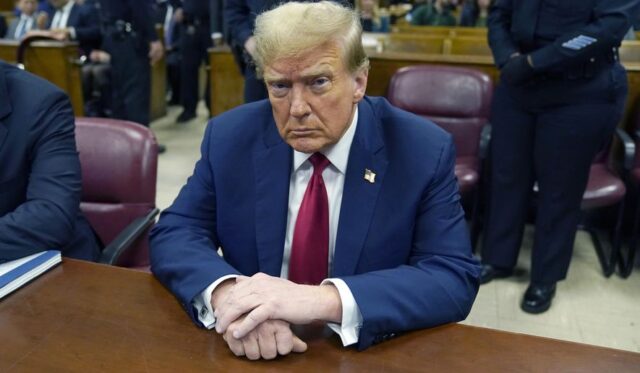Former U.S. President Donald Trump is set to be sentenced on January 10, 2025, in connection to his conviction on 34 felony counts of falsifying business records. The charges stem from allegations of hush money payments made to adult film actress Stormy Daniels during his 2016 presidential campaign.
The sentencing date, which is just ten days before Trump’s inauguration as the 47th President of the United States, has drawn significant public and media attention. The presiding judge, Juan Merchan, has announced that while Trump’s felony convictions will stand, he will not face jail time, fines, or probation. Instead, the former president is expected to receive an unconditional discharge, meaning no additional penalties will be imposed.
This ruling follows Trump’s legal team’s attempt to dismiss the case, arguing that as a president-elect, he is entitled to immunity. However, Judge Merchan rejected this argument, asserting that presidential immunity does not extend to cases involving actions taken before assuming office.
Despite the controversy surrounding the conviction, Trump secured a second term in the 2024 presidential election, defeating Vice President Kamala Harris. This case, linked to hush money payments, remains one of the most contentious legal battles in Trump’s career.
As the sentencing date approaches, political analysts and the public alike are closely monitoring the implications of this decision on Trump’s presidency and his legacy. This case underscores the legal and political challenges that have shaped his journey as a prominent and polarizing figure in American politics.
With the spotlight on Trump’s upcoming sentencing, the nation watches to see how this chapter unfolds as he prepares to retake the White House.


























